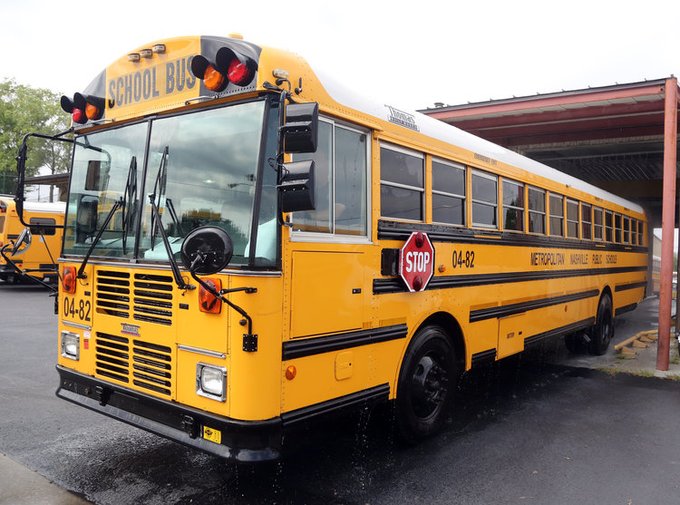
Nashville’s Metro Council won’t approve its next budget for months. But last week, Metro Nashville Public Schools’ board members met with council members to proactively start talking about the district’s needs.
School board chair Rachael Anne Elrod called the meeting a sort of “orientation.” The board gave an overview of current school funding and what challenges are on the horizon.
For example, there’s a funding cliff next fall, when the final round of federal pandemic relief must be allocated.
“It was a good way of starting way in advance,” Elrod said.
She said the meeting also served as an introduction on different funding sources for schools, and how they can be used.
Council member Delishia Porterfield said the orientation helped her chamber better understand the city’s tax burden. The state’s funding formula causes Nashville to pay a significantly higher share of its schools budget than the vast majority of other districts in Tennessee.
“People didn’t really realize that other counties get more funding from the state, and the municipalities are doing less funding,” Porterfield said.
Elrod said council members responded positively to the presentation, with some asking how they could get even more involved. She was pleasantly surprised when some asked about joining MNPS when they lobby lawmakers at the state capitol next year.
“They recognize that so much of education policy at the state affects the bottom dollar,” Elrod said. “They feel like they need to be a part of those conversations, and I gladly welcome them to be a part of it.“
What’s at stake
Elrod said she previewed some “vague examples” of wishlist budget items. The board hasn’t officially set its funding priorities for the next year. But she anticipates that keeping up programs that started with federal monies will be high on the list. That would require local investment since federal pandemic funds are expiring.
“We have some really great things that we would like to continue,” Elrod said. “Particularly from hard to find positions like school counselors, school psychologists.”
Before becoming a council member, Porterfield used to work as a special education teacher. She said education funding is “really near and dear to my heart.”
She said adequate school funding is also an equity issue.
“When we look at a school system that’s primarily Black and brown, with so many students that are economically disadvantaged, it’s really important that that our school system gets the proper investment so that we can make sure that we’re giving our students the best chance for success.”
Both Elrod and Porterfield expect to keep up the dialogue in the months ahead.
“This wasn’t like a one and done,” Porterfield said. “This is definitely a conversation that we have every intention of continuing.”

